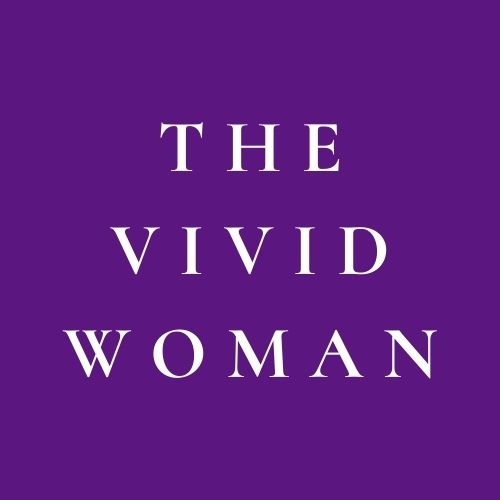The art of self-hypnosis often gets dismissed as being “new age.” However, just like nearly everything in life, if you truly believe in yourself and the practice, it can prove to be very helpful.
What Is Self-Hypnosis?
Self-hypnosis is a form of hypnosis that you can perform on yourself. It certainly comes in handy because you won’t need anyone else to help you receive the many benefits of hypnosis. Self-hypnosis is now a large part of modern hypnotherapy.
How Can Self-Hypnosis Help?
The uses for self-hypnosis are nearly endless. If you have a problem that you wish to resolve, chances are, self-hypnosis can help you find your solution. Self-hypnosis can obliterate the obstacles that keep you from achieving your goals.
Here are some of the challenges that self-hypnosis can help you solve:
* Smoking and other addictions
* Personal development
* Stress management
* Problem solving
* Pain management, including chronic pain or the pain of childbirth or surgery
When you practice self-hypnosis, you can get yourself through pretty much any of life’s challenges!
Practicing Self-Hypnosis
The image of hypnosis that you have in mind right now is probably the image of a person holding a pocket watch counting backwards while saying, “you’re getting sleeeeepy.” Sorry, but that’s only in the cartoons!
Hypnosis isn’t about tricking people or forcing them to fall asleep, it’s simply a state of deep relaxation that can be achieved, even through self-hypnosis.
The truth is, self-hypnosis is similar to meditation. Meditation, however, has more of a focus on finding your breath and staying in the moment, while self-hypnosis takes things further in order for you to solve one specific issue.
A self-hypnosis session will typically last from 15 minutes to 1 hour. It’s flexible so you can find a session length that works well for you.
Imagery In Self-Hypnosis
One way that self-hypnosis differs from meditation is in its use of imagery. If your goal is relaxation, you can imagine yourself in a place that you find relaxing. It could be an actual place that you’ve been to, or a place in your mind that you’ve always dreamed of.
Using Affirmations
Self-hypnosis often makes use of affirmations. Affirmations are short positive statements, like mantras, that you repeat to yourself several times a day. The most important characteristics of a good affirmation are the following:
* Spoken in first person
* Spoken in the present tense
* Spoken with a positive tone
For example, if you were using affirmations for childbirth, you might say, “I am having a calm birth,” even if you haven’t entered active labor yet. The purpose is to train your mind to think of the situation in a positive light, which helps to build confidence and comfort.
Affirmations are more powerful than you think, which is why they’re useful in self-hypnosis.
Scripts and CDs
Using the help of scripts and CDs, anyone can enjoy the benefits of self-hypnosis. They’re popular choices because they’ll allow you to gain the benefits of music, affirmations, and imagery without having to plan those steps out yourself. They guide you through the entire session.
When you’re ready to try self-hypnosis, remember that there aren’t any strict rules. As long as you can gain some time to yourself and close your eyes and relax, you can explore the world of self-hypnosis.
